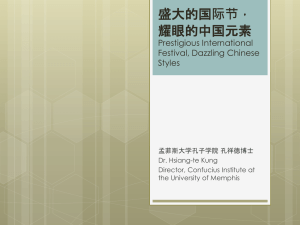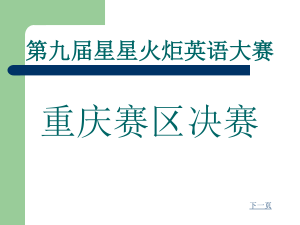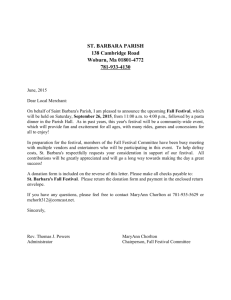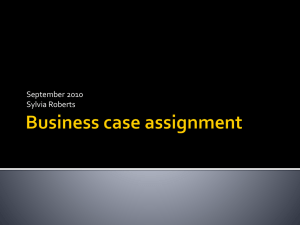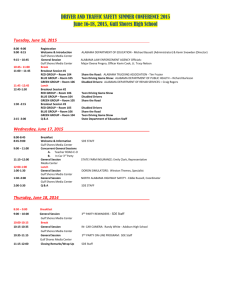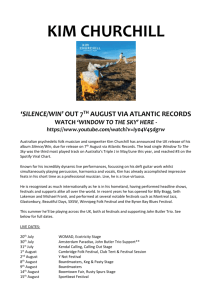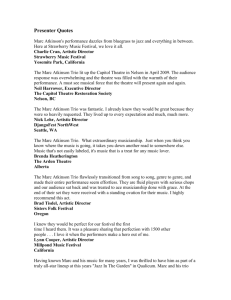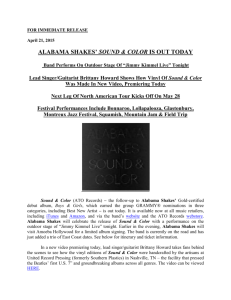2013 6-18 Hangout Impact Study
advertisement
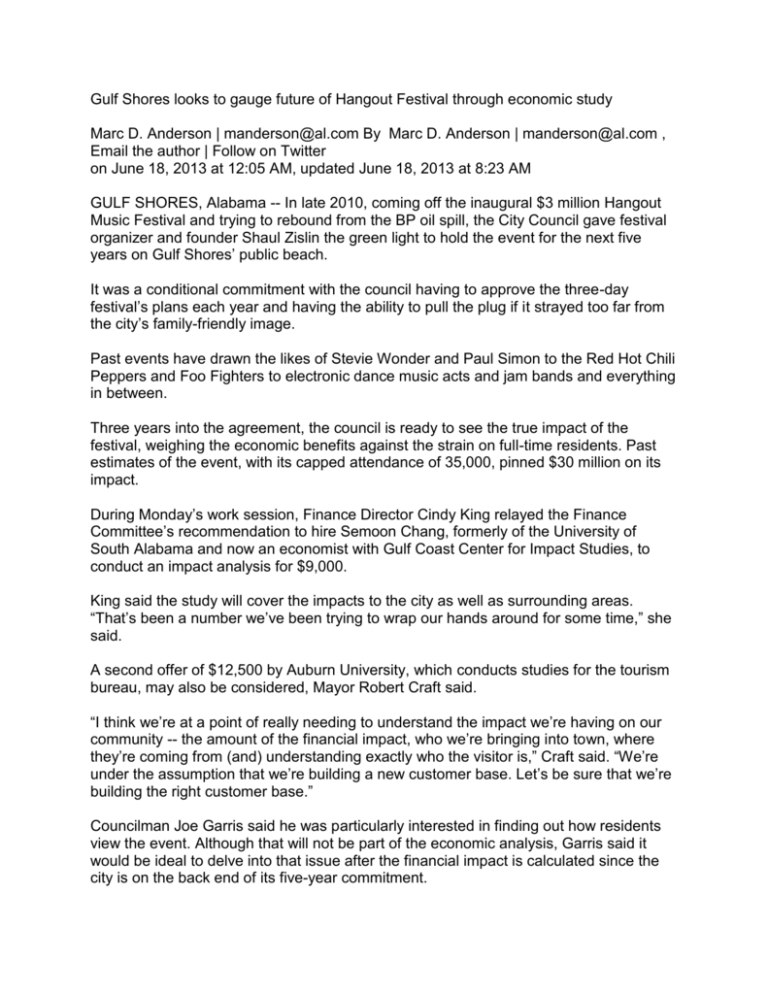
Gulf Shores looks to gauge future of Hangout Festival through economic study Marc D. Anderson | manderson@al.com By Marc D. Anderson | manderson@al.com , Email the author | Follow on Twitter on June 18, 2013 at 12:05 AM, updated June 18, 2013 at 8:23 AM GULF SHORES, Alabama -- In late 2010, coming off the inaugural $3 million Hangout Music Festival and trying to rebound from the BP oil spill, the City Council gave festival organizer and founder Shaul Zislin the green light to hold the event for the next five years on Gulf Shores’ public beach. It was a conditional commitment with the council having to approve the three-day festival’s plans each year and having the ability to pull the plug if it strayed too far from the city’s family-friendly image. Past events have drawn the likes of Stevie Wonder and Paul Simon to the Red Hot Chili Peppers and Foo Fighters to electronic dance music acts and jam bands and everything in between. Three years into the agreement, the council is ready to see the true impact of the festival, weighing the economic benefits against the strain on full-time residents. Past estimates of the event, with its capped attendance of 35,000, pinned $30 million on its impact. During Monday’s work session, Finance Director Cindy King relayed the Finance Committee’s recommendation to hire Semoon Chang, formerly of the University of South Alabama and now an economist with Gulf Coast Center for Impact Studies, to conduct an impact analysis for $9,000. King said the study will cover the impacts to the city as well as surrounding areas. “That’s been a number we’ve been trying to wrap our hands around for some time,” she said. A second offer of $12,500 by Auburn University, which conducts studies for the tourism bureau, may also be considered, Mayor Robert Craft said. “I think we’re at a point of really needing to understand the impact we’re having on our community -- the amount of the financial impact, who we’re bringing into town, where they’re coming from (and) understanding exactly who the visitor is,” Craft said. “We’re under the assumption that we’re building a new customer base. Let’s be sure that we’re building the right customer base.” Councilman Joe Garris said he was particularly interested in finding out how residents view the event. Although that will not be part of the economic analysis, Garris said it would be ideal to delve into that issue after the financial impact is calculated since the city is on the back end of its five-year commitment. In the same vein, Craft said it's time to see if a long-term balance is viable between the once-a-year festival and year-round residents. “We are putting the community in a lot of discomfort to do this and to know what we’re actually getting out of it as a city and as a region, I think is important for us to know as we look at this thing going forward,” Craft said. “Is it worth what we’re forcing the community to go through for this return? At least that will give us information that we haven’t had.” The council will most likely vote on the issue at its upcoming Monday meeting.


